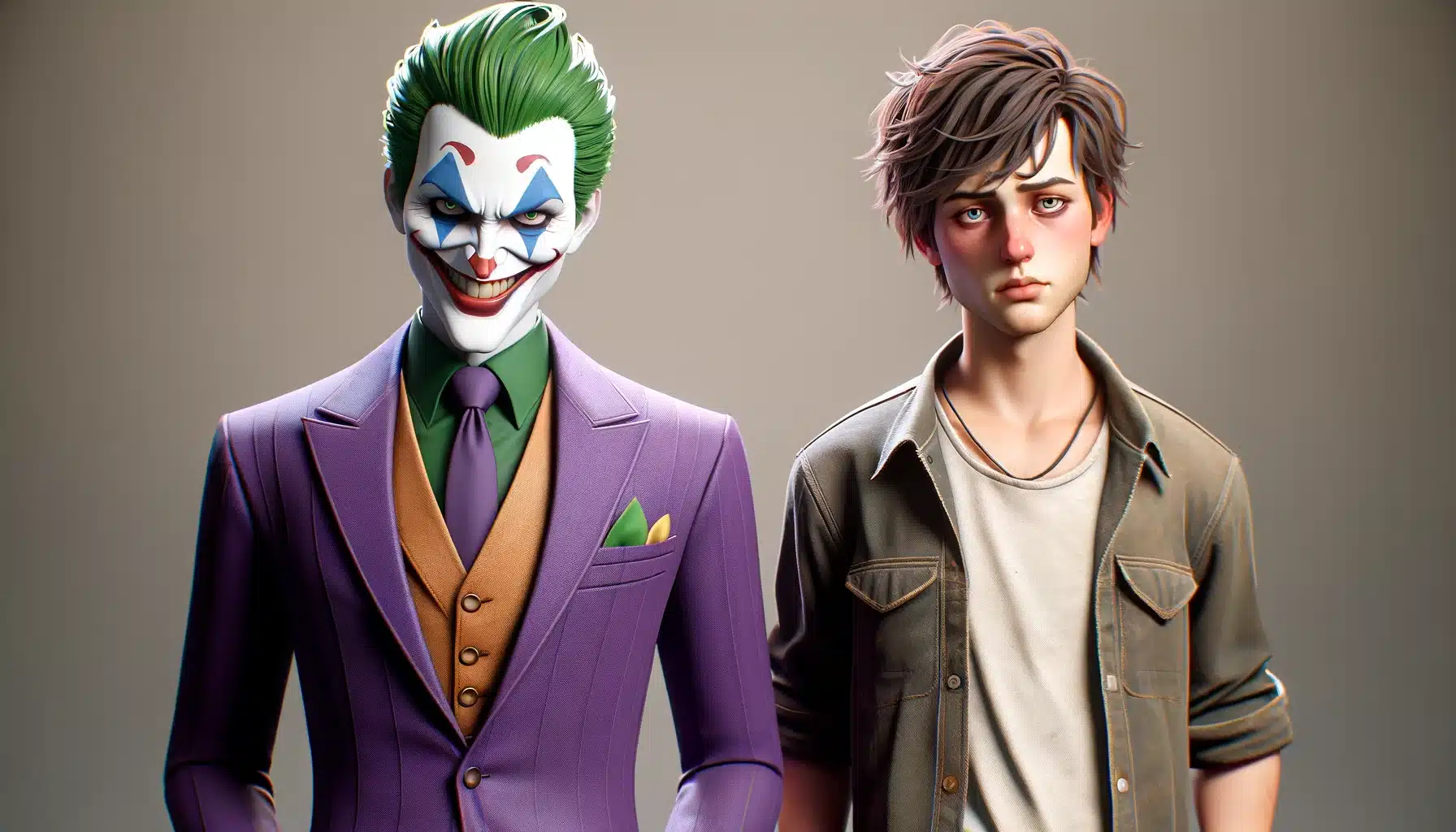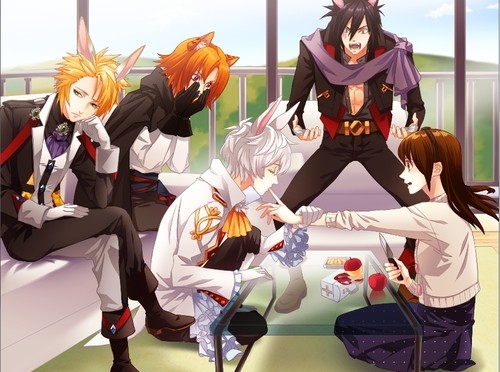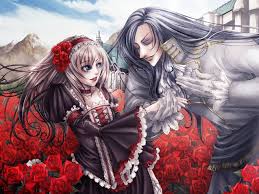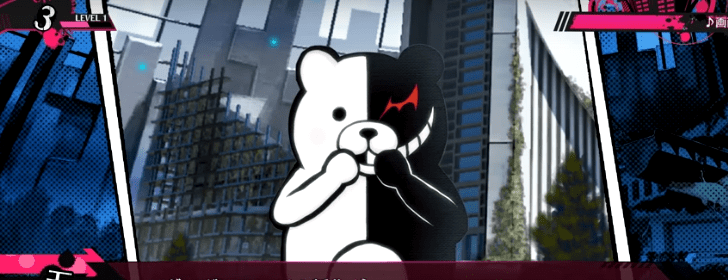“Beau is Afraid,” featuring Joaquin Phoenix, shares notable similarities with his previous role in “The Joker.” Both films are dark comedies that delve deep into the realm of mental illness, leaving audiences to grapple with the enigmatic and often unexplained mental state of the protagonist. Phoenix’s portrayal of complex characters in both films demonstrates a consistent theme of psychological depth and ambiguity.
In both “Beau is Afraid” and “The Joker,” the lines between reality and delusion are blurred, making it challenging for viewers to discern what is real and what is imagined. This ambiguity plays a significant role in shaping the narrative of each film. The films invite viewers into the troubled minds of the characters, where the boundaries of mental illness and reality are constantly in flux. This approach creates a sense of unease and curiosity, as the audience is left guessing about the true nature of the characters’ experiences and perceptions.
The films share a tone that oscillates between humor and disturbance. Moments of dark comedy are interspersed with scenes that are unsettling and disconcerting. This blend of humor and horror is a hallmark of both films, engaging the audience in a complex emotional journey. The portrayal of mental illness in both movies is central to their narratives, yet the exact nature and diagnosis of the characters’ conditions remain deliberately unclear, adding to the intrigue and depth of the storytelling.
The performances of Joaquin Phoenix in both roles are critically acclaimed for their intensity and the nuanced portrayal of characters grappling with profound psychological issues. His ability to convey the inner turmoil and vulnerability of these characters adds a layer of authenticity and emotional impact to both films.
Overall, “Beau is Afraid” and “The Joker” are similar in their exploration of mental illness, their use of dark comedy, and their tendency to leave audiences in a state of ambiguity and contemplation about the characters’ realities .






